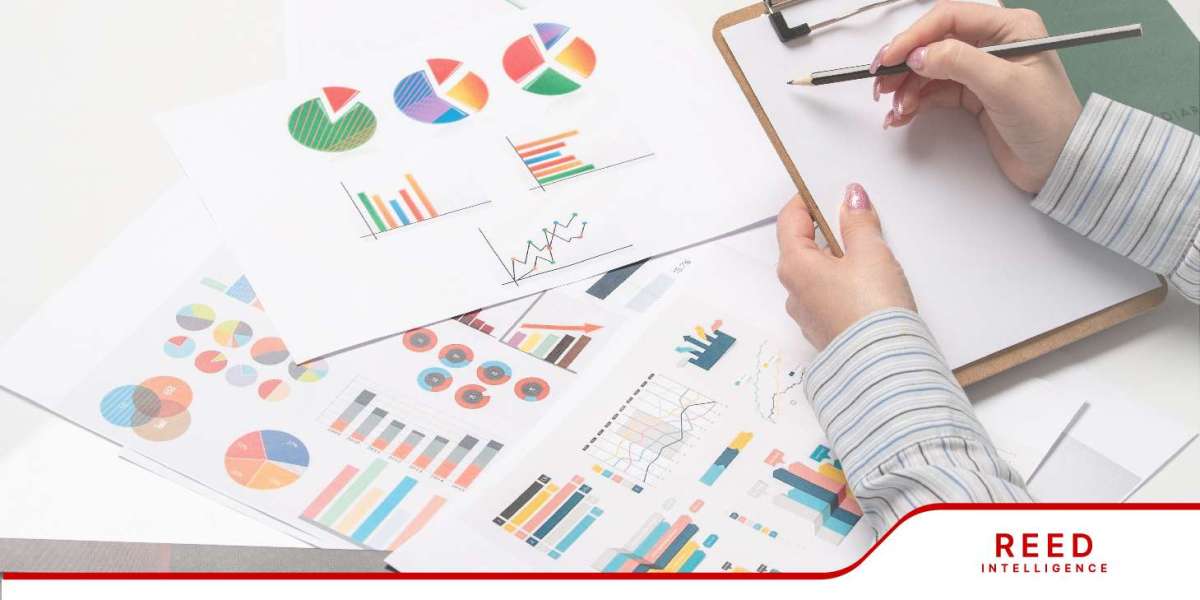Organization and scheduling: Carers can help create a system for organizing medications, such as using pill organizers or medication reminder apps. They can ensure that medications are stored properly and are easily accessible when needed. Carers can also help establish a medication schedule, ensuring that medications are taken at the correct times and in the prescribed dosages.
Medication reminders and Monitoring and tracking: Carers can provide timely reminders to individuals to take their medications. This can be done through verbal reminders, setting alarms, or using medication reminder devices. They can also assist in preparing the necessary doses of medications, including opening bottles, cutting pills, or measuring liquid medications as required. Carers can keep track of the medications being taken by maintaining a medication log or using a medication management app. They can record the dates and times medications were taken, note any side effects or adverse reactions, and monitor for any changes in the individual's condition. This information can be shared with healthcare professionals during appointments.
Communication with healthcare professionals: Carers can act as advocates for the individuals they are caring for by maintaining open lines of communication with healthcare professionals. They can relay any concerns, ask questions about medications or potential interactions, and provide updates on the individual's response to the medications. Carers can also ensure that prescriptions are refilled in a timely manner to avoid running out of medications.
Medication administration and reconciliation: Depending on the individual's needs, carers may need to assist with the actual administration of medications. This could involve techniques such as assisting with swallowing pills, using syringes for liquid medications, or administering eye drops or inhalers. Carers should receive proper training and guidance from healthcare professionals on the safe administration of medications.Carers can assist in medication reconciliation by reviewing the individual's medication list periodically. They can help ensure that the list is up to date, including any changes in prescriptions, dosages, or discontinued medications. This can help prevent medication errors or potential interactions.
Reporting and documentation: Carers should report any concerns or observed changes in the individual's response to medications to the appropriate healthcare professionals. They should also maintain accurate documentation of medications administered, any missed doses, and any side effects or adverse reactions that may occur.
It's important for carers to collaborate closely with healthcare professionals, follow medication instructions carefully, and seek guidance or clarification when needed. Each individual's medication management needs may vary, so it's essential to tailor the approach to the specific requirements of the person being cared for.
There are many different types of medication support available, depending on your individual needs and circumstances. Some common types of medication support include:
Medication reminders: This can be done by a family member, friend, or caregiver, or by using a medication reminder app or device.
Medication assistance: This can include help with opening bottles, measuring doses, or taking medications.
Medication monitoring: This can involve checking to make sure you are taking your medications correctly and on time, and that you are not experiencing any side effects.
Medication education: This can help you understand your medications, how to take them, and what to do if you experience side effects.
Medication management: This can involve helping you to organize your medications, keep track of refills, and make sure you have enough medication on hand.
If you are struggling to manage your medications, there are many resources available to help you. You can talk to your doctor, pharmacist, or healthcare professional who specializes in medication management. You can also find support groups and online forums where you can connect with others who are also struggling with medication management.
Here are some additional tips for managing your medications:
Keep a medication list: This will help you to track all of your medications, including the name, dosage, and frequency of each medication.
Set up a medication schedule: This will help you to remember to take your medications on time.
Use medication reminder devices: There are many different types of medication reminder devices available, such as pillboxes, alarms, and apps.
Store your medications properly: Keep your medications in a cool, dry place, out of reach of children and pets.
Dispose of your medications properly: When you no longer need a medication, dispose of it properly by following the instructions on the label.
Managing your medications can be challenging, but it is important to do so in order to stay healthy and safe. There are many resources available to help you, so don't be afraid to ask for help. for more information visit here.








